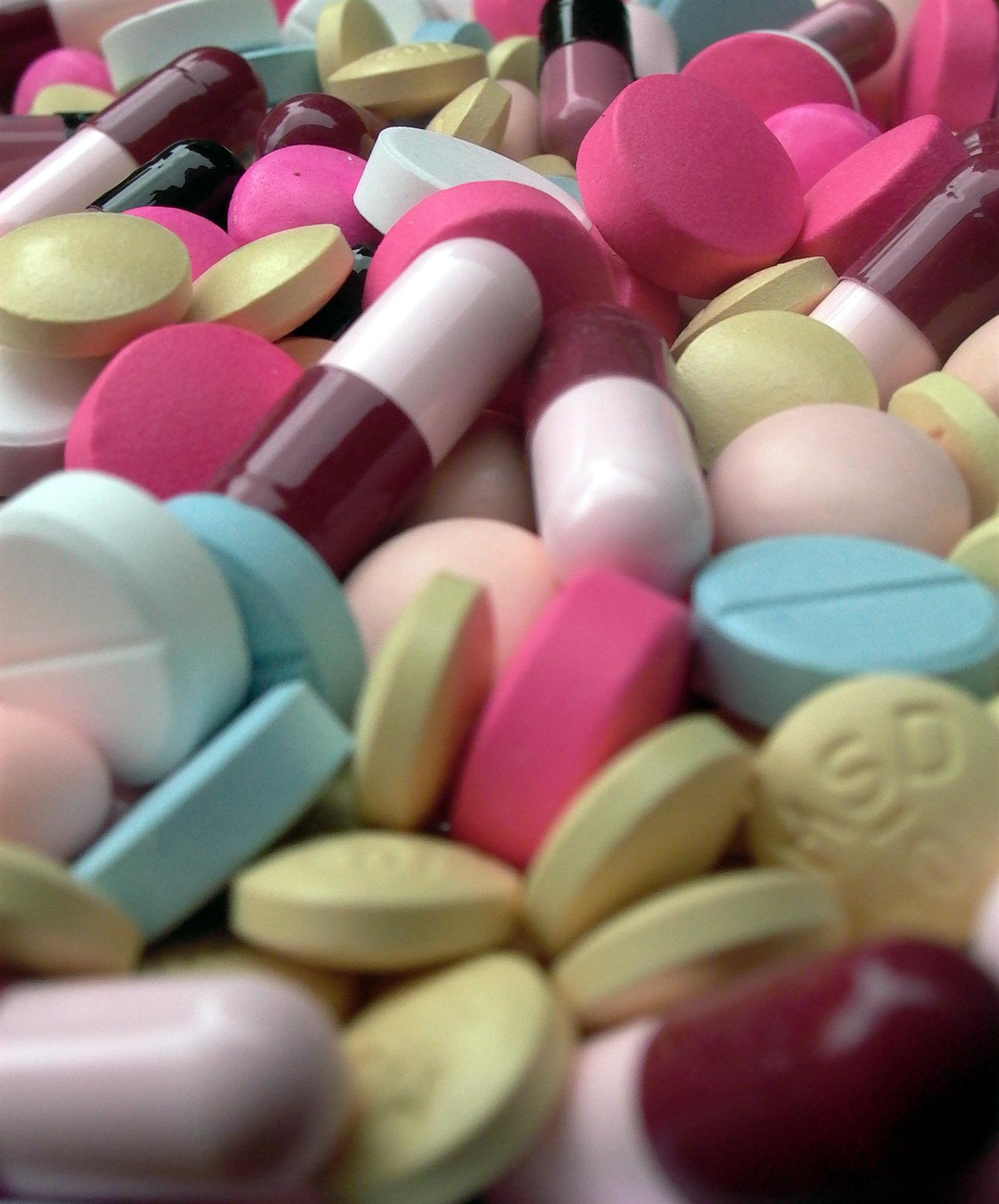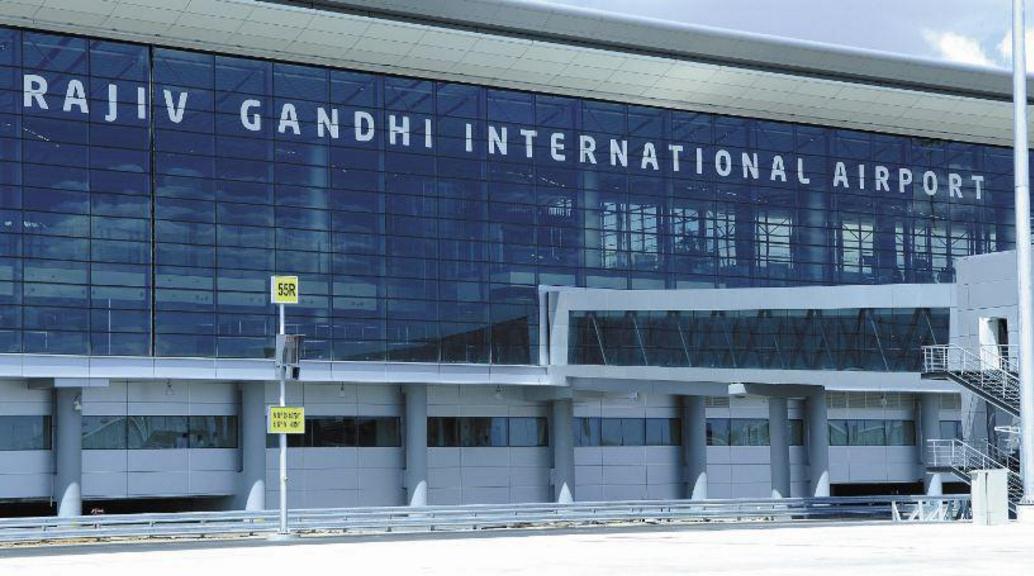India’s pharma sector is a promising growth area that attracts many cargo carriers to the country; however, the cargo industry laments the lack of appropriate infrastructure to handle this specific product category, coupled with India’s bureaucracy, where slow work ethics and a myriad of paperwork can create problems. These issues were discussed at a pharma air shippers’ forum at the recent three-day Air Cargo India 2016 in Mumbai.
Some cargo carriers have created dedicated services for handling pharma cargo shipments. Qatar Airways, for example, already running its so-called QR Pharma Express on the Brussels-Basel-Doha route since January, recently launched pharma express routes from Mumbai to the carrier’s hub in Doha via Ahmedabad. The cargo carrier, which is adding another service from Hyderabad to Doha, already has 27 freighter frequencies per week now serving seven destinations, besides serving 10 Indian destinations with passenger bellyhold aircraft.
India is also a huge pharmaceuticals market, the world’s third-largest in terms of volume and the 13th-largest in terms of value, according to a report by Equitymaster. Not surprisingly, a number of cargo carriers are launching or adding new services to India.

Logistics experts at the Mumbai event privately told Asia Cargo News that India should set global standards for efficiency and transparency, and use appropriate equipment to protect cool chain cargo while being transferred to the aircraft. Some cited the case of Brussels airport which has created a dedicated cargo zone for perishables and pharmaceuticals throughout the supply chain. Steven Polmans, head of cargo at Brussels Airport, said on the sidelines that Brussels was among the first to earn certification in IATA’s Center of Excellence for Independent Validators for Pharmaceuticals (CEIV-Pharma) and was also investing in training people in the field. “India with its growing pharmaceutical export traffic is an important player for us,” Polmans said. However, this conversation with Polmans in Mumbai took place on February 23, before the March 22 suicide bombing at Brussels airport; the impact on that airport’s cargo assets was not fully assessed at the time of writing this piece.
Indian shippers at the event emphasized the crucial importance of controlling temperatures of pharmaceutical shipments from the point of origin to the destination because the products faced the danger of losing their effectiveness due to temperature fluctuations. “Transport between the warehouse and the aircraft is a crucial phase of transit and is not without risk,” Rasiklal Shah, a Gujarat-based executive of a logistics company explained.
Some carriers take extra precautions to avoid temperature fluctuations. Qatar Airways said that it deploys temperature-controlled vehicles to take cargo directly to and from the loading ramp in Doha. This minimizes exposure of perishable cargo to as little as 40 seconds.
Bart Pouwels, who is Amsterdam Schiphol airport’s cargo resident expert on pharma, life-sciences and perishables, maintains that Schiphol is heavily committed to this sector; indeed, it has successfully increased pharma traffic from India, using Amsterdam as a gateway to other continents such as the Americas. “But there is potential for much more growth, both on our route and to other major markets,” he said.
India’s strength in the pharmaceutical sector is reflected in the size of its pharmaceutical manufacturing industry, with some 10,500 companies forming the pharma industry’s backbone.
Second only to the US, India boasts the largest number of US Food and Drug Administration (FDA) compliant plants. Additionally, India has 1,400 plants that have been approved by the World Health Organization Good Manufacturing Practices (WHO GMP) and 253 by the European Directorate of Quality Medicines (EDQM).
Generics are the highest earners among India’s pharma industry, accounting for 70% of market share by revenues.
Indian generic drug makers have gained a strong foothold in the US pharma market. According to data from FactSet, Indian drug makers account for the second-largest share of US approvals, after US manufacturers.
“The Indian pharmaceutical industry is expected to touch US$55 billion by 2020 as against the current size of US$18 billion, but the exports may slow down to grow at a CAGR of 7.98% in value terms due to tightening of regulatory mechanism in top exports markets of US, Russia and Africa,” according to a joint report by Assocham, the apex association of Indian chambers of commerce and industry, and TechSci Research.
India’s pharma exports to the US amounted to US$3.76 billion in 2014.
Alexis von Hoensbroech, Lufthansa Cargo’s executive board member, told Asia Cargo News that India’s cargo sector needed to improve on infrastructure, bureaucracy and digitalization, emphasizing the need for refrigeration and cooling temperature containers for the pharma industry.
“Building up the right infrastructure for the pharma transportation is essential so that the quality and efficacy of the products are not affected. The bureaucracy needs to simplify procedures and paperwork. And by bureaucracy I do not mean just the government. I also mean the cargo community. Air cargo shipments, particularly pharma, require speedy handling. To maintain speed, one needs to enhance digitalization and reduce paperwork,” von Hoensbroech said.
Pharma products account for a substantial volume of the carrier’s export traffic from India – about 30% from India, and 60% from Mumbai.
Other cargo carrier executives said that India’s airports did not offer “harmonized” cool-storage and refrigeration facilities. While several Indian airports have recognized the significance of the pharma cargo sector for their cargo operations, Mumbai and Hyderabad are aggressively vying for a larger share of India’s air cargo trade with pharma products.
Mumbai airport has concentrated heavily on improving passenger traffic in the past with cargo getting the short shrift. Things are changing, however, as some officials kept emphasizing, though Mumbai also faces considerable space constraints.
Manoj Singh, vice president (cargo) at Mumbai International Airport, pointed out that Mumbai has a cold zone for pharma products. “It is the largest (in the country),” he maintained.
In 2015, Mumbai handled a total of 694,000 tonnes, of which approximately 486,000 tonnes were meant for the international markets, he said. Cargo volume, he added, was forecast to grow by some 7%, taking into account that Cargolux also started to operate two freighters; Mumbai’s capacity would further increase with the Japanese carrier ANA having six passenger flights.
According to Singh, pharma products account for some 35% of the total exports from Mumbai. Asked if Mumbai had adequate safeguards to ensure that the quality of pharma products is not affected as they wait on the tarmac, Singh said that Mumbai was working on this and a solution would be found “very soon.”
“We created a state-of-the-art facility in 2011 and are expanding it to [280 sq metres] only for e-pharma products. We are also creating another pharma facility of the same size to facilitate pharma exports. We have a dedicated customer service cell to assist shippers,” Singh says.
“It’s not just the pharma products requiring temperature control but also the pharma products that do not need temperature control. Also, it’s not a question of inadequate infrastructure but of process mapping. If that is in place, any volume of cargo can be handled,” he said.

Hyderabad’s Rajiv Gandhi International Airport is another major point of pharma export shipments. Though in absolute terms its pharma cargo export volume is less than that of Mumbai, pharma products make up some 70% of Hyderabad’s total export cargo volume. Hyderabad has an annual cargo capacity of 150,000 metric tonnes. The airport’s master plan suggests that the annual cargo capacity will grow to 1.5 million tonnes in the future.
Hemanth D.P., chief operating officer-aero, commercial, cargo at the GMR Group said that Hyderabad airport plans to establish connections to over 80% of the world in the future. “Our future plans include building a perishables terminal, an express terminal and expansion of the current cargo village – bonded and non-bonded. We have just branded our free trade zone as GIFTZ (GMR International Free Trade Zone),” he said.
Hyderabad airport also benefits from the cluster of Indian pharma companies within its geographic radius. Its cargo terminal building has a dedicated temperature-controlled facility to handle pharmaceuticals and vaccines. The airport even formed a joint venture company called Hyderabad Menzies Air Cargo with Menzies Aviation, a global cargo and ground-handling operator.
Though India’s overall exports have declined because of the slow global economic growth, India’s pharma exports are expected to grow further.
As the world’s largest generic supplier, India supplies about 20% of the global generic medicines. “This segment of the pharma export cargo will further grow in the coming years,” said A. Viswanathan, a Hyderabad-based pharmaceutical company executive.
By Manik Mehta
International Correspondent | Mumbai




